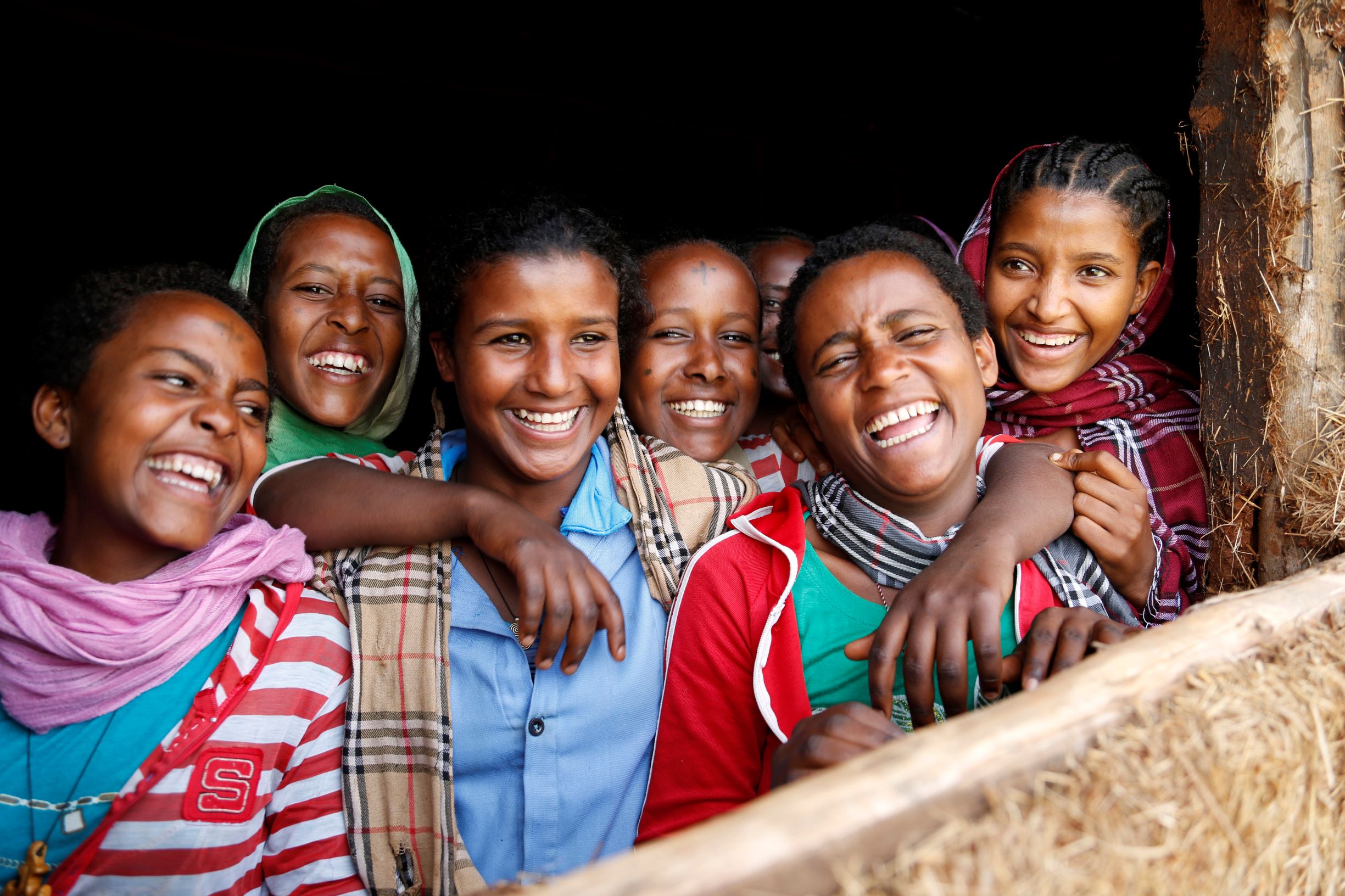A global violation of human rights
UK research has been central to revealing the alarming extent of violence against women and is now firmly embedded in international efforts to combat it.
One in three women has experienced physical or sexual violence. Gender-based violence (GBV) includes domestic violence and abuse, forced prostitution and human trafficking, rape and sexual violence, forced marriage, ʻhonourʼ killing, female genital mutilation and cyber violence.
The UK has been at the forefront of research into GBV, rooted in the formation of two major research centres in the late 1980s: Bristol University’s Centre for Gender and Violence Research (CGVR) and London Metropolitan University’s Child and Woman Abuse Studies Unit (CWASU).
In recent years, UK research has been instrumental in understanding the extent of GBV, investigating prevention methods, and studying emerging forms of violence.
Getting the measure of the problem
The GVHC has since led efforts assessing the global extent of GBV. In 2013, collaborating with WHO and South African Medical Research Council, they conducted first systematic study of the prevalence of violence against women globally – source of the widely cited statistic that one in three women has experienced GBV.
Finding what works to prevent violence
UK researchers have led research to investigate what works to prevent violence and improve lives. This informed one of four key pillars of the Council of Europe Convention on preventing and combating violence against women and domestic violence (the Istanbul Convention).
Describing the changing face of violence
New conceptions of what constitutes violence against women are emerging. For example:
- Cyber violence is now recognised as a form of GBV. Christine Barter, University of Central Lancashire, studied violence and abuse in teenage relationships across five European countries. This led to a 2010 government TV campaign, reaching nearly 3 million teenagers, encouraging them to challenge abuse in relationships.
- Violence against older women is often ignored. Hannah Bows, CRiVA, has been researching domestic violence, sexual violence and homicide involving this group.
- Nicola Sharp-Jeffs, CWASU, researched extent and impact of financial abuse in intimate-partner relationships, used as a form of coercive control.
All major research centres have a significant influence on the development of policies and practice globally. UK researchers maintain close relationships with charities and activists working on domestic violence and rape, as a bridge between research and action and raising voices of abused women and children globally.
